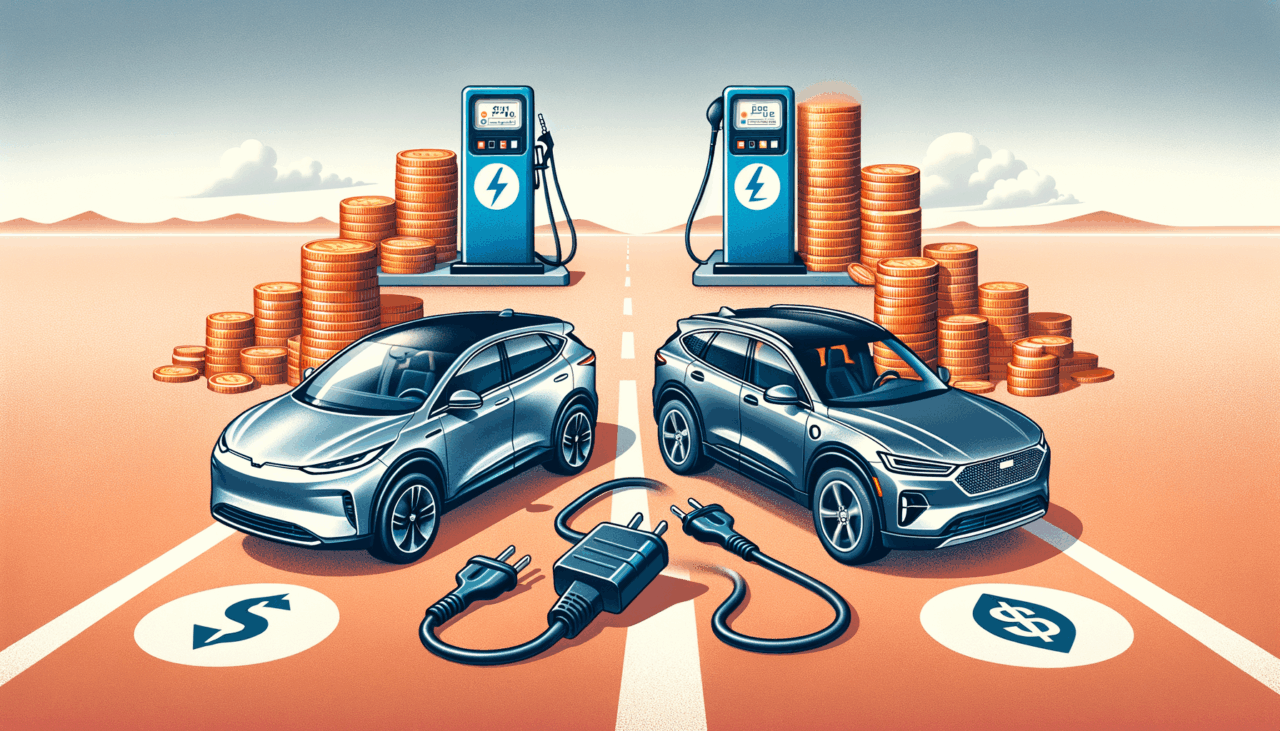Electric Crossover vs. Gasoline Crossover – Which Saves More Money?
When it comes to choosing between an electric crossover and a gasoline crossover, the decision often boils down to one simple question: which option saves more money? As someone who has been around the block a few times (and by block, I mean the vast expanse of the Australian Outback), I’ve had my fair share of experiences with both types of vehicles. So, let’s dive into the details, shall we?
Characteristics of Electric Crossovers
-
Initial Purchase Price: Electric crossovers tend to have a higher upfront cost compared to their gasoline counterparts. This is primarily due to the expensive battery technology and the innovative features that often come standard with electric vehicles (EVs).
-
Fuel Costs: Electricity is generally cheaper than gasoline. Charging your electric crossover at home can lead to significant savings on fuel costs over time. Plus, with the increasing number of public charging stations, convenience is steadily improving.
-
Maintenance: Electric vehicles are like koalas – low maintenance. They have fewer moving parts, which means less wear and tear. Say goodbye to oil changes and hello to a simpler, more carefree ownership experience.
-
Environmental Impact: If you’re the eco-conscious type, electric crossovers are the clear winner. They produce zero tailpipe emissions, which is a boon for the planet.
-
Range: While electric crossovers have made strides in range, they still lag behind gasoline vehicles. However, if your daily commute is within the range, this might not be a deal-breaker.
Characteristics of Gasoline Crossovers
-
Initial Purchase Price: Generally, gasoline crossovers are more affordable upfront. The technology is mature, and mass production scales help keep prices down.
-
Fuel Costs: With fluctuating gasoline prices, fuel costs can be unpredictable. However, in areas where gasoline is relatively cheap, this might not be a significant concern.
-
Maintenance: Gasoline vehicles require more regular maintenance. From oil changes to timing belt replacements, you’ll be on a first-name basis with your mechanic.
-
Environmental Impact: While modern gasoline engines are more efficient than ever, they still emit carbon emissions. It’s not the most environmentally friendly choice, but advancements continue to improve their footprint.
-
Range and Refueling: Gasoline crossovers excel in range and refueling speed. You can travel long distances without worrying about finding a charging station, and refueling takes just a few minutes.
Comparative Table: Electric Crossover vs. Gasoline Crossover
| Aspect | Electric Crossover | Gasoline Crossover |
|---|---|---|
| Initial Cost | Higher due to battery technology | Lower, thanks to mature tech |
| Fuel Costs | Lower, electricity is cheaper | Higher, gasoline prices vary |
| Maintenance | Lower, fewer moving parts | Higher, more frequent servicing |
| Environmental Impact | Zero emissions | Emits carbon, less eco-friendly |
| Range | Limited, improving over time | Extensive, quick refueling |
| Convenience | Increasing charging infrastructure | Established refueling network |
Conclusion
Ultimately, the choice between an electric crossover and a gasoline crossover depends on your priorities and lifestyle. If you’re looking for long-term savings and a smaller carbon footprint, an electric crossover might be your best bet. However, if upfront cost and long-range convenience are more important, a gasoline crossover could be the way to go.
As someone who has driven through the rugged terrains of Australia, I can assure you that both vehicles have their merits. It’s just about finding the right fit for your journey. And remember, whether you’re charging up or filling up, the most important thing is to enjoy the ride – because life’s too short for boring commutes.

Comments (0)
There are no comments here yet, you can be the first!